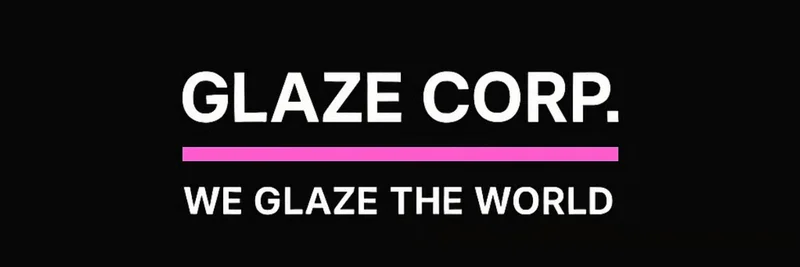In a recent episode of the "Talking Intentionally" podcast posted by Axal on X, hosts Jacob Kozhipatt and Ash Ahmed sat down with Jason Chaskin from the Ethereum Foundation. This chat unpacked everything from personal crypto origin stories to the big-picture vision for Ethereum, and it's got some juicy implications for the meme token world we love here at Meme Insider.
Jason kicked things off by sharing his entry into crypto. Back in 2021-2022, after dipping his toes in during the previous bull run (mostly gambling on ICOs as a college kid), a friend's persistent Bitcoin posts during the bear market finally clicked for him—especially when COVID hit and the Fed started printing money like crazy. This led him down the Ethereum rabbit hole, where he devoured old blog posts and podcasts. Frustrated with the soul-sucking vibe of his TradFi job, he taught himself coding through Harvard's CS intro course and Solidity tutorials. After blogging about Ethereum tech like proposer-builder separation and rollups, he cold-DM'd a job post from EF's leadership and landed a gig. It's a reminder that persistence and self-education can open doors in this space, even for meme token creators starting from scratch.
One key theme was the Ethereum Foundation's push to break out of the "Crypto Twitter" bubble. Jason mentioned their new social media manager and efforts to post on LinkedIn and even Instagram to reach normies. He highlighted a repost of a Vitalik blog explaining smart contracts via a soccer bet, which hooked one of his non-crypto friends. For meme tokens, this is huge—Ethereum's neutral infrastructure could help shift public perception away from "meme coin scams" (as Jason put it) toward real utility. Imagine meme communities leveraging Ethereum's tools to build trustless, global fan economies without the rug-pull stigma.
The convo dove into trust and mainstream adoption. Jason argued that while cypherpunks will keep their buried keys and multi-sig setups, average users just want better products. Ethereum's trustless smart contracts and pooled liquidity offer that, especially as trust in traditional institutions erodes (shoutout to the Canadian truckers' bank freezes). He sees DeFi exploding, with TVL over $100 billion now—who knows where it'll be in five years? For meme tokens, this means cheaper, faster trades on L2s like Base (where Axal is building), making viral pumps more accessible without insane gas fees.
On new L1 chains like those from Circle or Stripe's Tempo, Jason wasn't fazed. He views fragmentation as inevitable, drawing parallels to Web2's millions of servers. Ethereum's goal? Make it dead simple to launch secure, scalable L2s with near-zero fees and instant txs via flashbots and pre-confirmations. He dropped a killer analogy: even if Darth Vader ran a super-fast centralized chain, you'd still want Ethereum's verified security. Meme tokens thrive on hype and liquidity, so Ethereum's ecosystem of interconnected L2s could prevent the liquidity drains we see when memes jump chains.
Decentralized movements got a nod too, like the wild stuff in Nepal with Discord votes for prime ministers and Jack Dorsey's peer-to-peer app bypassing government controls. Jason praised ZK tech for private voting (used in Russian elections) and stressed Ethereum's privacy focus, including a new privacy wallet. This aligns perfectly with meme culture's grassroots, anti-establishment vibe—think how meme DAOs could use these tools for fair governance without big whales dominating.
Wrapping up, Jason talked EF's research: fast-tracking secure hard forks like Fuzaka for data sharding (up to 48 blobs!), parallel transactions on L1, and app-layer innovation. Beyond infra, he wants more experiments like decentralized YouTube or TikTok where creators own their content and earnings flow back directly. He even called out the need for better dating apps where you own your matches—no more $60/month paywalls. For meme tokens, this screams opportunity: NFTs and social tokens could evolve into real creator economies, rewarding viral content without platforms skimming the top.
Jason closed by addressing EF's "ivory tower" rep, admitting past slow reactions due to regulatory heat (like the SEC probing Danny Ryan) but emphasizing their pivot to support apps and founders. If you're building, hit him up on Telegram (@jchaskin)—they're here to help.
This episode is a goldmine for anyone in the meme token game. Ethereum's upgrades aren't just tech jargon; they're paving the way for meme coins to go mainstream with low costs, high security, and real community power. Check out the full thread on X for timestamps, and let's keep pushing the boundaries of what's possible in blockchain. What do you think—will Ethereum's L2 boom be the next big catalyst for meme mania? Drop your thoughts below!




